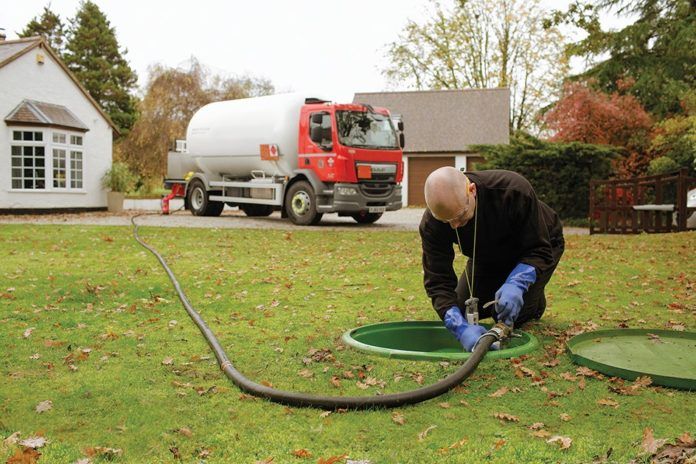
A first ever industry census of the liquefied petroleum gas (LPG) industry by trade association Liquid Gas UK has forecast growth despite concerns over Brexit and COVID-19.
In total, 86% of the industry expects turnover to grow in the next 12 months.
Responding businesses were planning to make combined investments of £600m over the next five years. The industry has also earmarked £106m of investment into bioLPG, which is made from 100% renewable sources and emits up to 90% fewer emissions than LPG, helping to kick-start a vision to reach 100% bioLPG by 2040.
Overall, the LPG industry directly employs at least 3,500 people in the UK and has an annual turnover of over £1bn, with almost three quarters indicating growth in sales over last 12 months. For suppliers, the sectors of significant growth over the 12 months to May 2020 were domestic heating, growing for 68% of respondents, leisure and recreation, for 50%, and hospitality and street food, 27%.
With confidence of growth and ambitions to invest, the industry is still faced with some key concerns and almost three quarters of respondents highlighted a severe skills shortage. Technical roles such as engineers, LPG installers and plumbers are those that were most frequently highlighted as facing serious skills shortages, with two thirds of respondents reporting difficulties in recruiting qualified engineers.
George Webb, chief executive of Liquid Gas UK, said: “It’s great to see that in a time of an unprecedented economic difficulty, the LPG industry is bucking the trend. The census proves we have the appetite for growth and the ability to deliver, with the industry building up its workforce, improving its infrastructure, making huge investments and expanding into new, as well as existing, markets. We have a £1bn industry and plans for £600m in investment in the years ahead. Proportionally, that level of committed investment is massive.
“It also shows that investors clearly see the opportunity for LPG to play a bigger role in heating off-grid buildings as the decarbonisation agenda progresses – with it producing 33% fewer carbon emissions than coal and 15-20% fewer carbon emissions than oil. Meanwhile bioLPG is available now and the industry is committed to reach 100% bioLPG by 2040. In bioLPG alone, we are seeing projected investment of over £100m for the next year.
“We are approaching a critical time when important decisions need to be taken by government about the UK’s trajectory to Net Zero. I hope that the UK government sees us an industry that can deliver Net Zero as part of a mixed technology approach to heat decarbonisation and is willing to put its money where its mouth is.”
